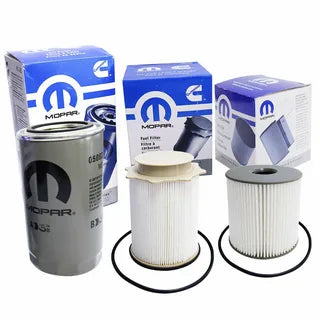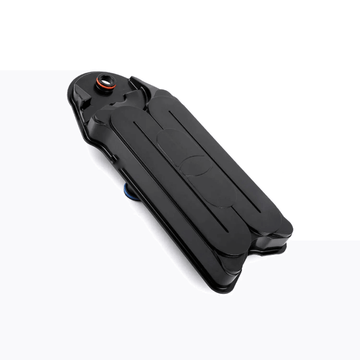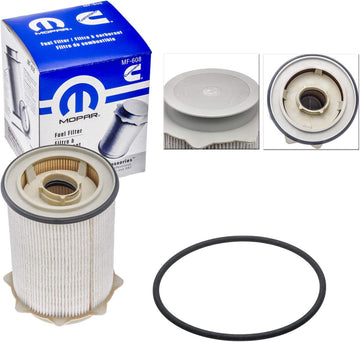When it comes to protecting your vehicle’s engine, choosing the best automotive oil filter is just as important as selecting the right motor oil. A high-quality oil filter helps trap contaminants, reduce engine wear, and ensure your engine runs smoothly over time.
But with so many brands and models available, which oil filter truly stands out? Let’s break down what makes a filter top-tier and explore the best options for different driving needs.
Why Oil Filters Matter More Than You Think
Your engine oil circulates through your engine thousands of times during a single drive. As it does, it picks up dirt, carbon particles, and metal shavings. Without a proper filter, these contaminants can cause premature engine wear or even catastrophic failure.
That’s where a high-performance fuel filter comes in—it keeps your engine clean, improves longevity, and maintains optimal performance.
Types of Automotive Oil Filters
Understanding the filter type is key when choosing the right one:
✅ Spin-On Oil Filters
These are the most common. They’re easy to replace and contain the filter media inside a metal canister.
✅ Cartridge Oil Filters
Used mostly in newer models and luxury vehicles. They’re more environmentally friendly but slightly more complex to install.
Top-Rated Oil Filter Brands Reviewed
Mobil 1 Extended Performance Oil Filter
-
Designed for synthetic oil
-
Excellent dirt-holding capacity
-
High efficiency ratings
-
Ideal for high-mileage engines
WIX XP Oil Filter
-
Built for extreme driving conditions
-
Durable silicone anti-drain back valve
-
Great for vehicles running full synthetic oil
Fram Ultra Synthetic
-
Best for long drain intervals (up to 20,000 miles)
-
Features dual-layer synthetic media
-
Cost-effective and widely available
Bosch Premium Oil Filter
-
Excellent for daily drivers
-
Reliable OEM replacement
-
Known for micron rating precision
Mopar Oil Filters (5.7 HEMI / 6.7 Cummins)
-
Engineered for Chrysler, Dodge, Jeep, and Ram
-
Meets or exceeds OEM specifications
-
Trusted by professionals for HEMI and diesel engines
What to Consider When Choosing the Best Oil Filter
Here are key factors to evaluate:
Efficiency Rating
Measured in microns, this tells you how well the filter captures contaminants. A micron rating of 20 or lower is ideal.
Oil Compatibility
Not all filters handle synthetic oil effectively. Choose one built specifically for synthetic or high-performance applications.
Vehicle Compatibility
Always match the filter to your make, model, and engine type. For example, best oil filter for 5.7 HEMI will differ from what fits a compact car.
Filter Media Quality
Synthetic media typically lasts longer and filters better than cellulose or blended media.
Durability
A long-lasting oil filter should withstand high pressure and temperature fluctuations, especially for high-mileage or diesel engines.
OEM vs Aftermarket Oil Filters
Both options have advantages. OEM oil filters, like Mopar or ACDelco, are made to factory specs and offer peace of mind. On the other hand, aftermarket filters like WIX or Mobil 1 may offer better filtration for specific needs like racing, towing, or extended oil changes.
The right choice depends on your driving habits, engine demands, and maintenance intervals.
How Often Should You Replace an Oil Filter?
Typically, oil filters should be replaced with every oil change—around 3,000 to 7,500 miles, depending on the oil type and your driving conditions. For long-drain synthetic oils, use a premium oil filter rated for extended use.
Final Thoughts
The best automotive oil filter isn’t a one-size-fits-all answer—it depends on your engine, driving style, and maintenance schedule. However, sticking with top-rated engine oil filters like Mobil 1, WIX, Fram, Bosch, or Mopar will ensure you’re giving your engine the protection it deserves.
Use this automotive oil filter guide to make a well-informed, confident choice for your next oil change.
FAQs About Automotive Oil Filters
1. What’s the difference between spin-on and cartridge oil filters?
Spin-on filters come in a sealed canister and are easier to replace. Cartridge filters are installed inside a reusable housing and are more eco-friendly.
2. Can I use any oil filter for synthetic oil?
Not all filters are compatible. Choose an oil filter for synthetic oil, like Fram Ultra or Mobil 1 Extended Performance, to handle the finer particles and longer intervals.
3. How do I know what oil filter fits my car?
Refer to your owner’s manual or use an online oil filter compatibility tool by entering your vehicle’s make, model, and engine size.
4. Are aftermarket oil filters as good as OEM ones?
Yes—many aftermarket filters offer equal or superior performance. Brands like WIX and Bosch often outperform standard OEM filters in efficiency tests.
5. What are signs of a bad oil filter?
Look out for engine noise, low oil pressure, or dirty oil after recent changes. These could indicate a clogged or failing filter.





